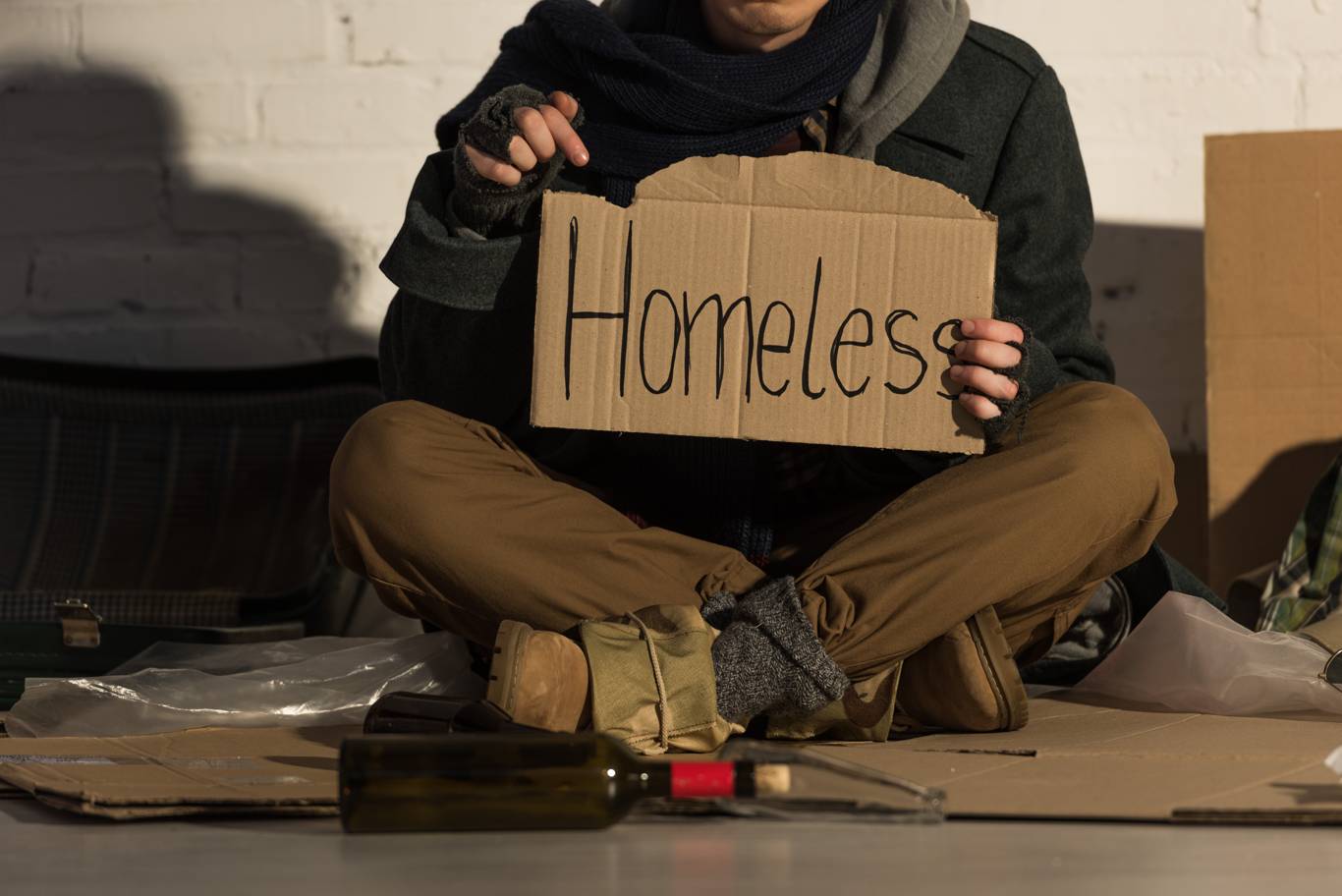We are sympathetic to the difficulties that are faced when someone is at risk of becoming or staying homeless. If you find yourself facing homelessness, it is important to seek assistance from a homeless service provider in your area immediately.
The recent goal set by HUD, United States Department of Housing and Urban Development and the US government, is to combat the rise of homelessness by providing at risk people all the resources they will need to stay off the streets in the first place, rather than trying to help only those who are already homeless.
This a much more effective approach to combating homelessness than previous methods, especially when compared to how much more difficult it is to help a chronically homeless person become self-sufficient, find employment and obtain suitable low-income housing after living on the streets for extended periods.
Research shows pulling and even combining combinations of all resources to fight and prevent homelessness before it happens can and will decrease the homeless population in the Unites States. This means providing services like shelters, food, cloths, community aid, financial aid, employment, subsidized housing, non-profits resources and more to people at risk of becoming or are currently homeless.
- In this article we will discuss the new programs that have received recent funding and are dedicated to helping people combat homelessness. You will also learn how to locate and apply for the proper homeless services in your city that will suit your needs. In closing we will cover a variety of emergency housing programs that can assist you in finding clean, safe and affordable housing.
One of the most useful resources is the United Way 2-1-1 hotline, which can connect you with a variety of services based on your income and circumstances. The intake process only involves six basic questions and can be completed over the phone. You can also visit the national 2-1-1 website to learn more, (link at the bottom of page).
- We will provide a step-by-step guide for 211 assistances below.
Here is what HUD defines as homeless, there are 4 types:
- Literally (currently) Homeless: As per HUD definition, a literally homeless individual or family is an individual or family who lacks a fixed, regular and adequate nighttime residence.
- At risk of being homeless, residence is lost with 14 days, no financial means to acquire new housing.
- Homeless under other federal law. Applies to you if you have been accepted or applied to other government sponsored homeless resources.
- Escaping or attempting to escape a domestic violence
Please keep in mind that there are several types of homeless shelters.
- Transitional Housing
- Youth Shelters
- Faith-Based Shelters (will introduce religion, give sermons or say prayers with shelter occupants)
- Family Shelters
- Wet Shelters (for people who need help but are not sober)
- Permanent Supportive Housing (Aims to support chronically homeless people with a variety of resources)
Step by step guide to finding a homeless shelter near you
- Find and contact housing assistance resources in your area. ─ Start by using Google and type “emergency homeless assistance” in the search bar. Allow google access to your location if prompted. You want to search your area, where you live and have family or work connections if possible. You will need to travel to the shelter so it needs to be close to where you are now.
- Contact all services providers. Call to confirm the shelter type then just go to location in person. If you have children go to the nearest family shelter. If you’re a single woman then go to a women’s shelter etc. Calling the shelter will help you be sure that shelter will accept you.
- For example, if you have a child you will need to go to a family shelter.
- Bring identification. Ideally you have some form of identification documents with you to the shelter. If you don’t have identification or any other official documents don’t worry, the shelter help you and will assign you a case worker who should be able to help you with documents and paper work. Most importantly they can help get you a roof, bed, food and safe place to stay while you work on getting self-sufficient and back on your feet.
- Call 2-1-1 on your phone and confirm your zip code. This will refer you to the united way 211 hotline in your state. Here an agent will take your through an intake process which is about 6 questions of basic info.
- You can pass or not answer any question. These questions will help the agent find and provide resources you can have access to in your area. Access to resources are based on your income and overall circumstances. Don’t be afraid to mention your true circumstances no matter how desperate they seem to you. Agents will be able to assist you better if you are up front and truthful.
The questions asked by a 211 case agent are:
- DOB
- Phone Number
- Household Income
- Disabled (y/n)
- Military (y/n)
- Race
- Gender
- Zip Code
These are common questions that most assistance agencies will ask anyone when applying for any type of assistance.
- Note: your answers are kept private and confidential. be sure to only give this info to a legitimate housing agency.
In conclusion calling 211 can be a great resource and a very helpful way for you to get help from a variety of homeless and crisis services in your area.
Go to the national 211 website to learn more about what resources can be provided by United Way, search for your state or just call and talk to an agent here .
UnitedWay Org.
Other emergency housing opportunities like RAD, rapid re-housing or CoC (Continuity of Care) can be used by a Public Housing Agency to assist you in finding a permanent home.
To learn more about other assistance programs that can help you quickly go here.
For more help with how to locate low income housing through HUD, Section 8 Vouchers, COC and other assistance programs click here.
If you need more assistance beyond finding a shelter, there are other programs available to help you.
HUD provides Public Housing and Section 8 Vouchers; these are two of the most common or popular options for government sponsored rental assistance.
If you are homeless and low income, typically the PHA office will expedite the long waiting lists for HUD programs. HUD requires that most available resources are prioritized for people in crisis.
Situations like natural disasters, domestic violence, urgent housing emergencies, homelessness, extremely low income and many other urgent housing situations can help you get resources quickly.
These are all common urgent housing situations that will require a Housing Agency to you move your application to the front of the waiting list for section 8 housing choice vouchers or public project base housing vouchers. We will expand on this in the steps below.
Please know that we are here to try to help. if you get stuck and aren’t sure what to do next, you can join our free housing assistance forum here and ask a member of our housing forum for help. There are expert and community there that can help you progress in your journey to affordable housing.


